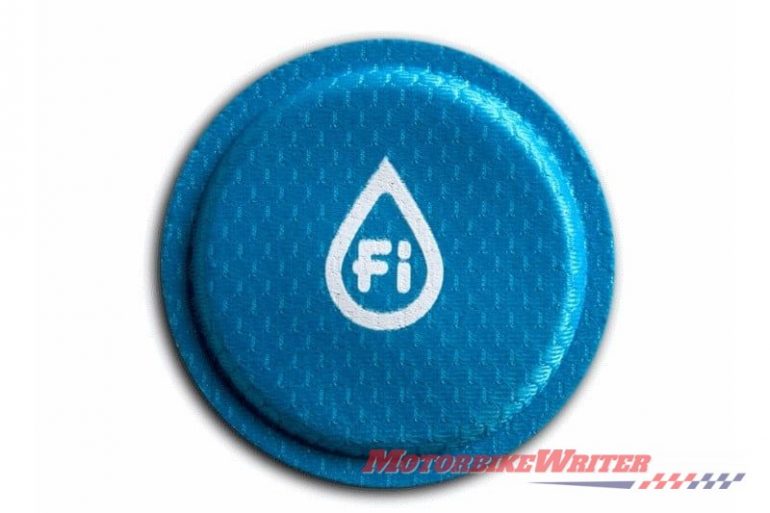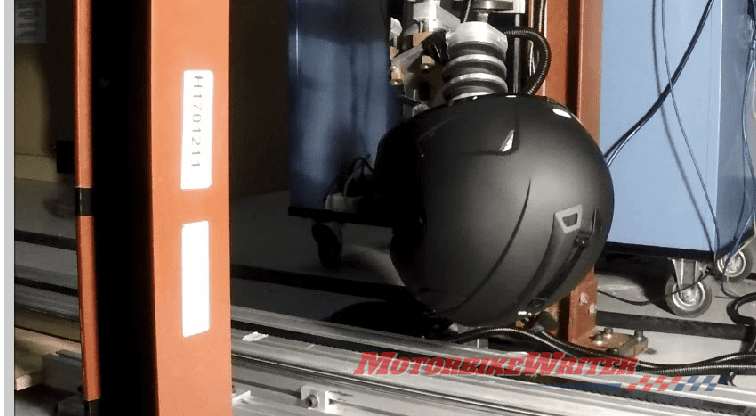Helmets may soon cost riders less thanks to virtual helmet safety testing that avoids the expense of destroying helmets in laboratory crash tests.
Swedish brain safety technology company MIPS (Multi-

Instead of destroying a helmet by smashing it on to a hard surface or hitting it with a spike, MIPS uses computer algorithms to replicate and predict the response of a helmet to physical impact.
They say it is a faster and more efficient process, allowing manufacturers to bring safe helmets to market faster and cheaper.
MIPS boss Max Strandwitz says they have two decades of experience developing helmet testing methodology and have become a pioneer in virtual testing for linear and rotational motion.
“Our 20-plus years of research and simulating real-world accidents has led us to this groundbreaking way to test helmets,” he says.
“We are committed to lead the world to safer helmets and at the same time help to improve the development process for helmet brands.
“This is the way forward, and in a near future we will be able to test all different kinds of helmets according to leading standards, all in the name of consumer safety.”
MIPS say their virtual testing service will currently certify helmets to Europe’s ECE 22.06 standard which is accepted throughout the world, including Australia and New Zealand.

Last year, MPIS also acquired Fluid Inside patents for fluid-filled capsules inside a motorcycle helmet to prevent brain damage in a crash.
The fluid pods act like a liquid pillow surrounding your brain to protect it from damage in a crash.


